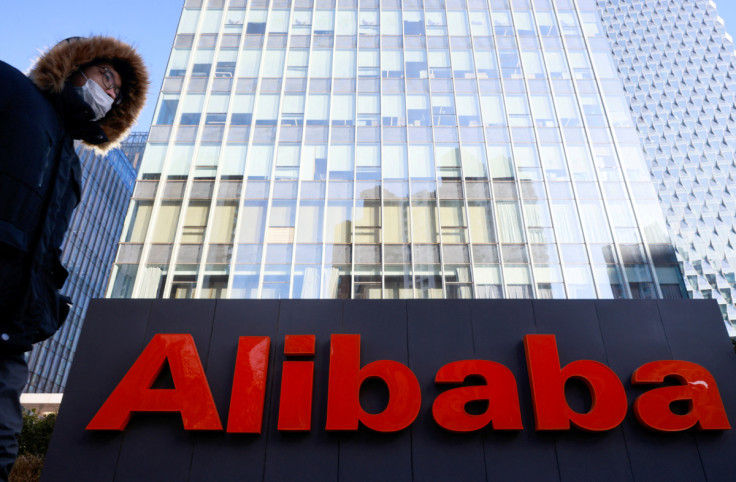Alibaba Break-Up Could Be A Game-Changer For Chinese Stocks
If executed right, Alibaba's proposed break-up into six units could begin a new era for Chinese stocks, offering another opportunity for investors to profit from the world's second-largest economy.
China is still an emerging market economy, as it has yet to create the institutions and policies of developed countries, including well-regulated transparent equity markets where listed companies enhance shareholder value.
That's why investing in Chinese stocks is far more complex than in the stocks of developed countries like the U.S.
As with other emerging markets, China's equity markets undergo periods of booms followed by long busts, where winners can quickly turn into losers at the whim of fluid regulations that change the market game.
Alibaba's wild ride is a typical case in point. For years, the internet pioneer enjoyed an Amazon-style winner-take-all monopoly in China's fast-growing e-commerce industry, growing by leaps and bounds. As a result, it's one of the three companies that have shaped the Chinese internet economy.
That's thanks to several competitive advantages like economies of networking, scale, scope and cozy relations with regulators, which turned Alibaba Group Holdings into a conglomerate — China's combination of Amazon.com, e-Bay and PayPal.
Though close ties with regulators are critical in every country, they are even more essential in China, where the government is the economy's gatekeeper in a one-party political system. As a result, the Chinese government has the power to choose winners and losers.
Alibaba's Taobao site, for example, beat industry giant eBay in China in the early days of the e-commerce economy when it was a startup, thanks to the government supporting the player on its home turf.
In addition, government regulators helped Alibaba make the list of the five companies to enter internet banking. It's an enormous opportunity in a country where the government owns the banks.
Unfortunately, the cozy relations with regulators lasted only for a while for Alibaba and its Chinese tech peers. The company's foray into the financial sector threatened the country's state banking sector, which fought back.
First came a government investigation into Alibaba's anti-competitive practices, an attempt by Beijing to curb the country's ever-expanding internet monopolies. It resulted in a $2.8 billion antitrust fine for abusing its market dominance over merchants and rivals.
Then regulators crashed Alibaba's plans for the initial public offering of its Ant Group subsidiary and its prospects to expand its presence in the financial sector.
Meanwhile, China's leadership began talking about the need for "sharing prosperity," threatening to turn the country's technology pioneers like Alibaba, Tencent and Baidu into welfare-style "units." Thus, the crash in the prolonged decline in these companies' shares spread into other parts of the Chinese equity markets.
The proposed change of Alibaba Group into six units — Cloud Intelligence Group, Taobao Tmall Commerce Group, Local Services Group, Cainiao Smart Logistics, Global Digital Commerce Group and a Digital Media and Entertainment Group — signals a significant change in China's regulatory regime and could provide a tailwind for the company.
First, it will address the diseconomies associated with large corporate organizations, such as growing bureaucracy and monitoring costs.
Second, it will allow its unit to tap the financial markets for additional capital via initial public offerings (IPO).
That could fuel a renewed momentum by domestic and foreign investors for Chinese stocks, signaling the beginning of another bull market.
"The break-up of Alibaba, the Chinese mega-conglomerate, heralds the start of a wave of 'enormous opportunities' in China for global investors," said Nigel Green, CEO and founder of deVere Group, an independent financial advisory, asset management and fintech organization.

© Copyright IBTimes 2024. All rights reserved.






















